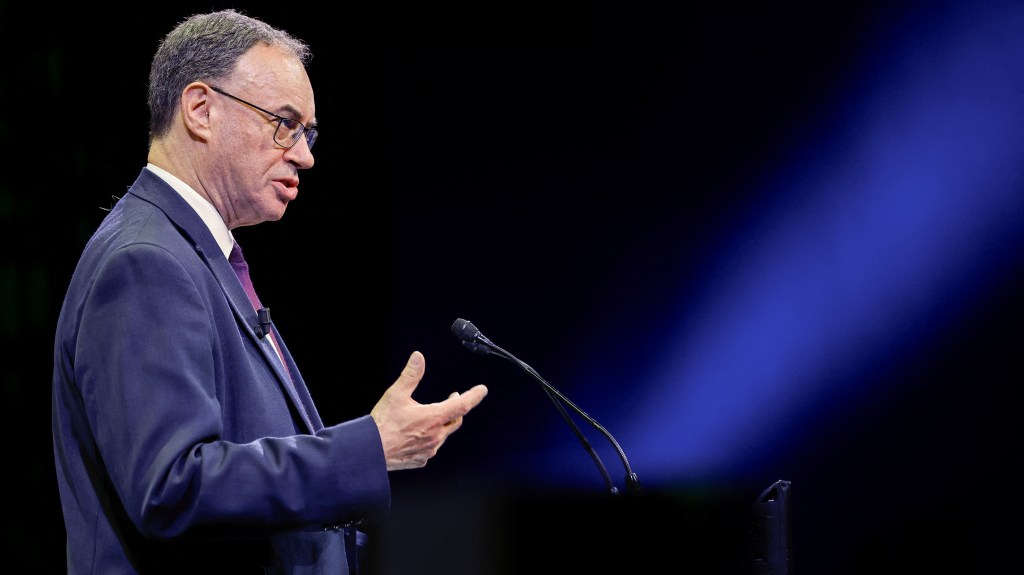Decision on Google’s Potential Breakup Focuses on the Future of Search and AI
Google is bracing for a crucial summer as a federal judge in Washington prepares to rule in August on the company’s possible breakup. This decision aims to tackle competition issues surrounding online search.
The lawsuit initiated by the Department of Justice in 2020 has led to extensive evidence gathering and testimonies from leading tech executives. In August 2024, Judge Amit Mehta concluded that Google had breached antitrust regulations to preserve its dominance in search.
However, the tech landscape evolves rapidly, and this is especially true in the sphere of artificial intelligence. The current debate has shifted from examining Google’s past monopolistic practices to considering how AI is reshaping the search market and Google’s future influence within it.
During the final arguments, the judge reflected on the rapid progress in AI, suggesting that long-term restrictions on Google might be excessive: “Ten years may seem like a short period, but in this space, a lot can change in weeks.”
He added, “In fact, it’s likely that an AI company could emerge with capabilities beyond traditional search, as consumer preferences evolve beyond just ten blue links.”
If the Justice Department’s proposal goes through, it could result in the sale of Google’s widely used Chrome browser and mandate that the company share its search data. The ongoing discussions also focus on whether Google’s AI enhancements in search should be subject to such interventions — allowing new technology to develop independently of Google’s search power, according to the DOJ.
This could mean Google might have to provide valuable search and indexing data to major players like Microsoft-backed OpenAI, which is estimated to be worth around $300 billion. Google argues that this would be unjust, asserting that established firms and emerging startups are already advancing AI technologies without needing additional support. Many AI firms are eagerly considering the opportunities this presents.
Search functionalities are undoubtedly transforming. A document from OpenAI submitted during the case indicated that “by next year, we intend to evolve ChatGPT into a super-assistant: one that understands your preferences and efficiently handles a wide range of tasks, as a smart and empathetic person would with a computer.”
With concerns about traditional Google search waning, advertising agencies report that their clients are shifting focus to improving visibility in rankings that evaluate large language models across numerous tasks, including answering queries like “what is the best hotel chain?”
Major mobile device manufacturers are also diversifying away from their partnership with Google and exploring collaborations with emerging competitors. Samsung and Apple are reportedly nearing a partnership with Perplexity AI, a search startup that could potentially be integrated into their frequent offerings.
“We have been quite impressed with Perplexity’s achievements,” stated Eddy Cue, Apple’s senior vice-president of services, during the trial. “We’ve initiated discussions regarding their innovations.”
Brand recognition plays a significant role in this new landscape. While OpenAI’s ChatGPT might have a confusing name, it has become a household identifier for AI. In contrast, many struggle to remember names like Meta’s Llama, Anthropic’s Claude, or Google’s Gemini.
Over the weekend, Google expressed its intent to await the court’s decision while asserting, “We still firmly believe the court’s initial judgment was incorrect, and we look forward to our forthcoming appeal.”
The eventual outcome will reveal less about Google’s historical search predominance and more about the future trajectory of search in the era of AI. The ruling will also determine if Google can convincingly argue that its current dominance won’t secure it an unassailable position moving forward.
According to Google’s chief technology officer, Prabhakar Raghavan, the connection between search and generative AI is best described as “a journey” — one that still has considerable distance to cover.
Katie Prescott is the editor for technology business.




Post Comment